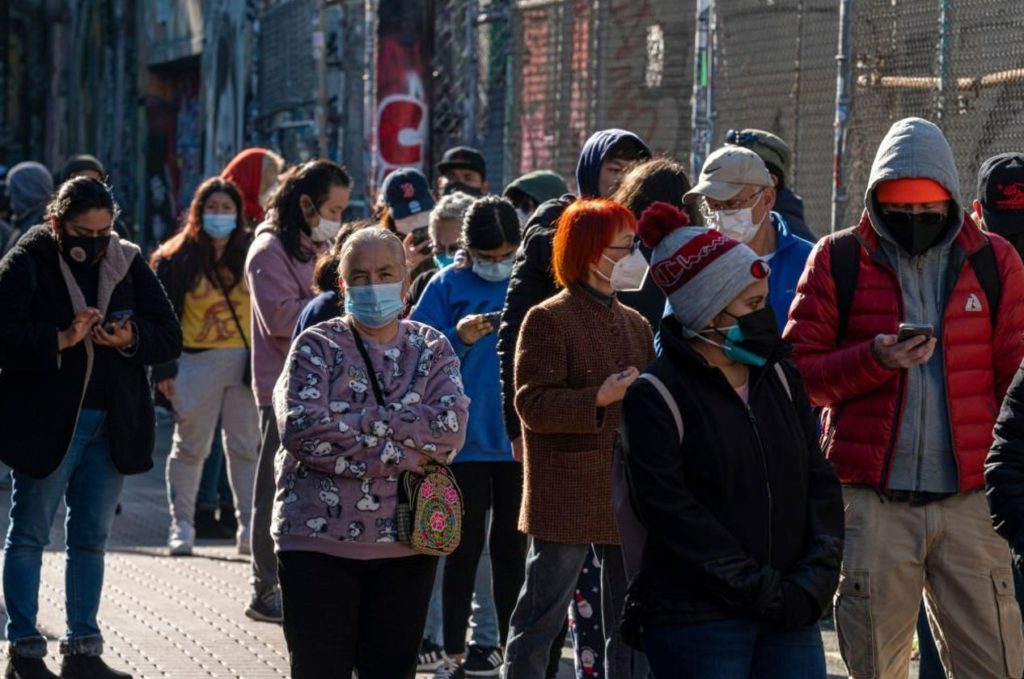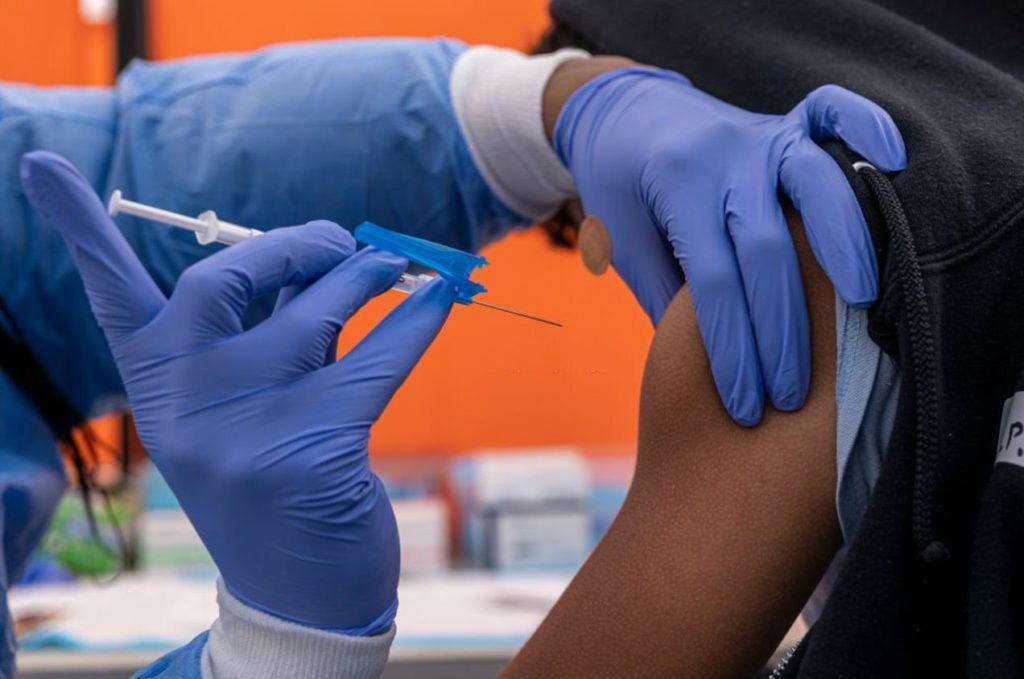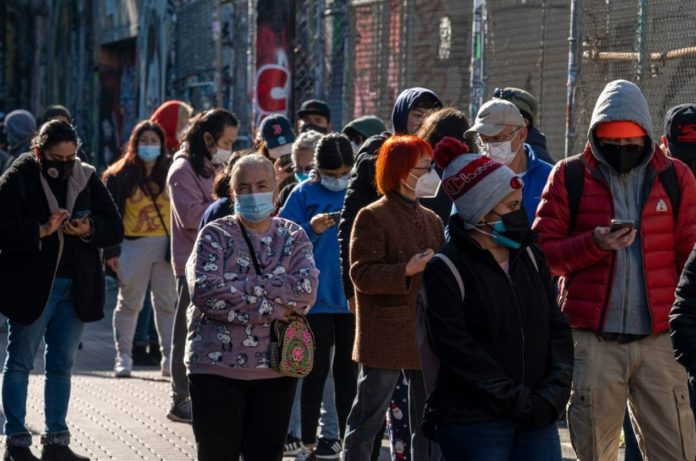New research shows what triggers massive inflammation during COVID-19 infection, leading to acute respiratory distress and multi-organ damage.
A new study published today says that antibodies people develop during infection may sometimes lead to more inflammation.
Researchers at Boston Children’s Hospital have discovered for the first time why COVID-19 produces severe inflammation in some people, resulting in acute respiratory distress syndrome and multi-organ damage.
Surprisingly, the study also reveals that antibodies developed in response to COVID-19 infection can sometimes contribute to increased inflammation, whereas antibodies created by mRNA COVID-19 vaccines do not appear to do so.

The researchers, led by Judy Lieberman and Caroline Junqueira, studied fresh blood samples from COVID-19 patients who presented to the emergency room at Massachusetts General Hospital. These were compared to samples taken from healthy individuals and patients with various respiratory disorders. They also examined lung autopsy tissue from COVID-19-related deaths.
A fiery death of immune cells
They found that SARS-CoV-2 can infect monocytes — immune cells in the blood that act as “sentinels” or early responders to infection — as well as macrophages, similar immune cells in the lungs. Once infected, both types of cells die a fiery death (called pyroptosis) that releases an explosion of powerful inflammatory alarm signals.
“In the infected patients, about 6 percent of blood monocytes were dying an inflammatory death,” says Lieberman. “That’s a large number to find, because dying cells are rapidly eliminated from the body.”

Examining the lung tissue from people who died from COVID-19, they found that about a quarter of the macrophages in the tissue were dying.
When the researchers studied the cells for signs of SARS-CoV-2, they found that about 10 percent of monocytes and 8 percent of lung macrophages were infected.
The fact that monocyte and macrophages can be infected with SARS-CoV-2 was a surprise, since monocytes don’t carry ACE2 receptors, the classic entry portal for the virus, and macrophages have low amounts of ACE2. Lieberman thinks SARS-CoV-2 infection of monocytes might have previously been missed in part because researchers often study frozen blood samples, in which dead cells do not show up.
The study also showed that while SARS-CoV-2 was able to infect monocytes and macrophages, it wasn’t able to produce new infectious viruses. The researchers believe the cells died quickly from pyroptosis before new viruses could fully form.
“In some ways, uptake of the virus by these ‘sentinel’ cells is protective: it sops up the virus and recruits more immune cells,” says Lieberman. “But the bad news is that all these inflammatory molecules get released. In people who are more prone to inflammation, such as the elderly, this can get out of control.”
Antibodies facilitating infection?
A certain group of monocytes was especially likely to be infected: those carrying a receptor called CD16. These “non-classical” monocytes make up only about 10 percent of all monocytes, but their numbers were increased in patients with COVID-19, the researchers found. They were also more likely to be infected: about half were infected, as compared with none of the classical blood monocytes.
The CD16 receptor appears to recognize antibodies against the SARS-CoV-2 spike protein. The researchers believe these antibodies may actually facilitate infection of monocytes carrying the receptor. “The antibodies coat the virus, and cells with the CD16 receptor then take the virus up,” Lieberman says.
However, when the team studied healthy patients who had received mRNA vaccines against COVID-19, the antibodies they developed did not appear to facilitate infection. The reason for this is still unclear; the researchers believe that vaccine-generated antibodies have slightly different properties than antibodies that develop during infection and don’t bind as well to the CD16 receptor. As a result, the cells don’t take the virus up.
Lieberman and her colleagues believe these findings may have implications for using monoclonal antibodies to treat COVID-19, helping to explain why the treatment works only when given early.
“It may be that later on, antibodies may help enhance inflammation,” she says. “We may need to look at the properties of the antibodies.”
Source: 10.1038/s41586-022-04702-4
Image Credit: Getty
You were reading: Key triggers that increase risk of severe inflammation in the body – study finds
